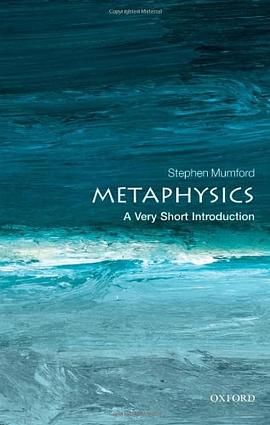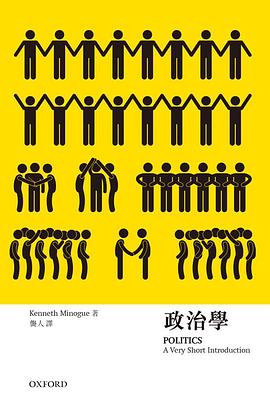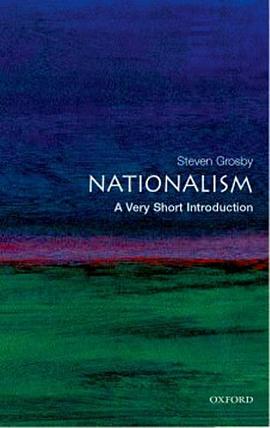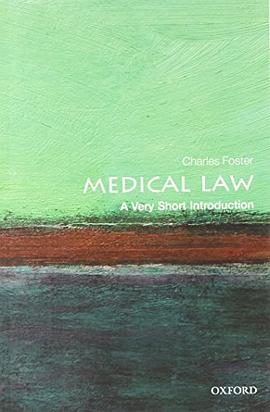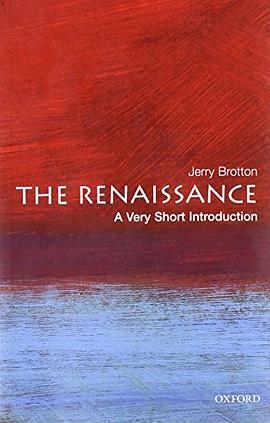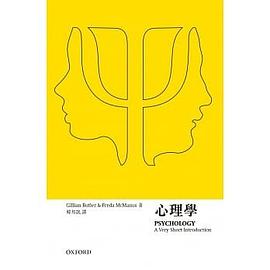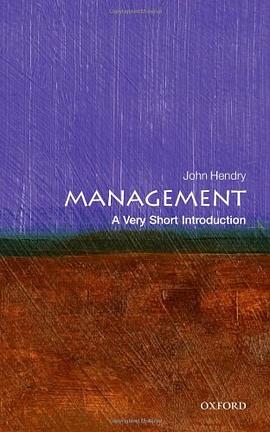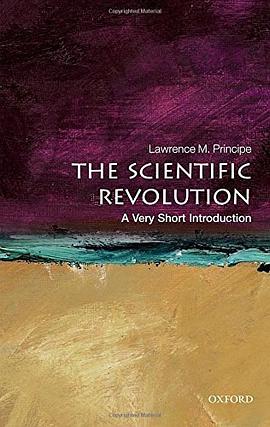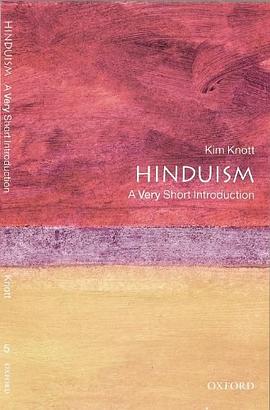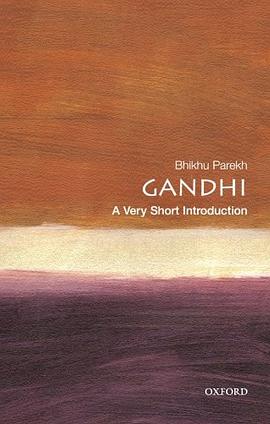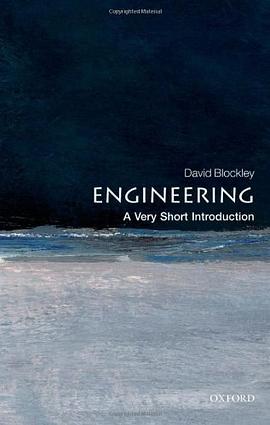

具体描述
Examines the role and identity of engineering in comparison with science, technology, art, and craft
Defines the five ages of engineering - gravity, heat, electromagnetism, information, and systems - in order to show how the specialisms relate to one another
Uses examples of everyday 'tools', such as a mobile telephone, to describe how engineering actually works
Explores the historical development of engineering as a discipline
Engineering is part of almost everything we do - from the water we drink and the food we eat, to the buildings we live in and the roads and railways we travel on. In this Very Short Introduction, David Blockley explores the nature and practice of engineering, its history, its scope, and its relationship with art, craft, science, and technology. He considers the role of engineering in the modern world, demonstrating its need to provide both practical and socially acceptable solutions, and explores how engineers use natural phenomena to embrace human needs.
From its early roots starting with Archimedes to some of the great figures of engineering such as Brunel and Marconi, right up to the modern day, he also looks at some of its challenges - when things go wrong - such as at Chernobyl. Ultimately, he shows how engineering is intimately part of who and what we are.
Readership: Students of engineering courses and general readers who wish to gain an appreciation of engineering, science, and technology.
作者简介
David Blockley, Emeritus Professor and Senior Research Fellow, University of Bristol
Professor Blockley is an engineer and an academic scientist. He has been Head of the Department of Civil Engineering and Dean of the Faculty of Engineering at the University of Bristol. He is a Fellow of the Royal Academy of Engineering, the Institution of Civil Engineers, the Institution of Structural Engineers, and the Royal Society of Arts. He has written four other books including The Penguin Dictionary of Civil Engineering (2005).
目录信息
2: The age of gravity - time for work
3: The age of heat - you can't get something for nothing
4: The age of electromagnetism - the power of attraction
5: The age of information - getting smaller
6: The age of systems - risky futures
Glossary
Further reading
· · · · · · (收起)
读后感
评分
评分
评分
评分
用户评价
Engineering的五个历程。科普向已经把术语精简到极致,在每一阶段给出的代表又概括得有趣。我记得我当年好像是死活没学明白怎样换算十进制与二进制,这里给的一个式子就让我理解了二进制怎么换成十进制的(虽然……书后注释的一大段式子又给我看懵了哈哈哈)。对engineering risk的阐述实在是太人性化了,让人赞叹不已。工程的迅速发展在某方面让人类变得更易受伤害,而熵、能量,和衡量用的那个叫exergy的东西背后的哲学意义也是深刻的。最让我惊艳的是如此一个工科小册子还引用了凯伦阿姆斯特朗的著作。可能正如他相信的,一个全局的综合视角,在未来是发展趋势。或者,正如全人类的学科是从那么朴素的几个门类所衍生至今的一样。
评分Engineering的五个历程。科普向已经把术语精简到极致,在每一阶段给出的代表又概括得有趣。我记得我当年好像是死活没学明白怎样换算十进制与二进制,这里给的一个式子就让我理解了二进制怎么换成十进制的(虽然……书后注释的一大段式子又给我看懵了哈哈哈)。对engineering risk的阐述实在是太人性化了,让人赞叹不已。工程的迅速发展在某方面让人类变得更易受伤害,而熵、能量,和衡量用的那个叫exergy的东西背后的哲学意义也是深刻的。最让我惊艳的是如此一个工科小册子还引用了凯伦阿姆斯特朗的著作。可能正如他相信的,一个全局的综合视角,在未来是发展趋势。或者,正如全人类的学科是从那么朴素的几个门类所衍生至今的一样。
评分As STEM is dismantled in more complicated ways, engineering, as an art, a technology, to fulfill practical purpose, has created more complex interconnected systems, which "are presenting new vulnerabilities, risks, and challenges." --- That is the reason why we, as the future engineers, have to learn machine learning~
评分As STEM is dismantled in more complicated ways, engineering, as an art, a technology, to fulfill practical purpose, has created more complex interconnected systems, which "are presenting new vulnerabilities, risks, and challenges." --- That is the reason why we, as the future engineers, have to learn machine learning~
评分As STEM is dismantled in more complicated ways, engineering, as an art, a technology, to fulfill practical purpose, has created more complex interconnected systems, which "are presenting new vulnerabilities, risks, and challenges." --- That is the reason why we, as the future engineers, have to learn machine learning~
相关图书
本站所有内容均为互联网搜索引擎提供的公开搜索信息,本站不存储任何数据与内容,任何内容与数据均与本站无关,如有需要请联系相关搜索引擎包括但不限于百度,google,bing,sogou 等
© 2025 book.quotespace.org All Rights Reserved. 小美书屋 版权所有

